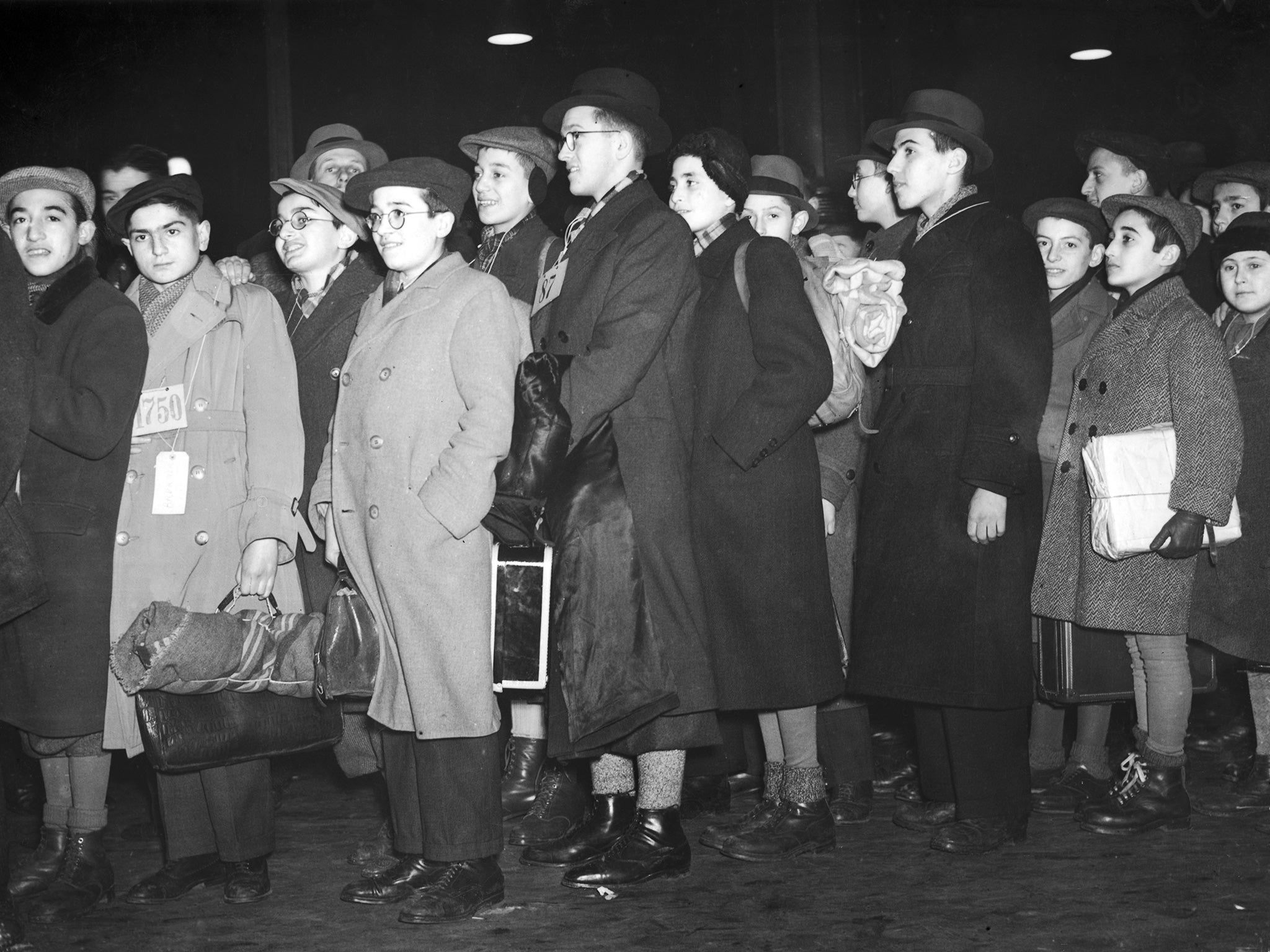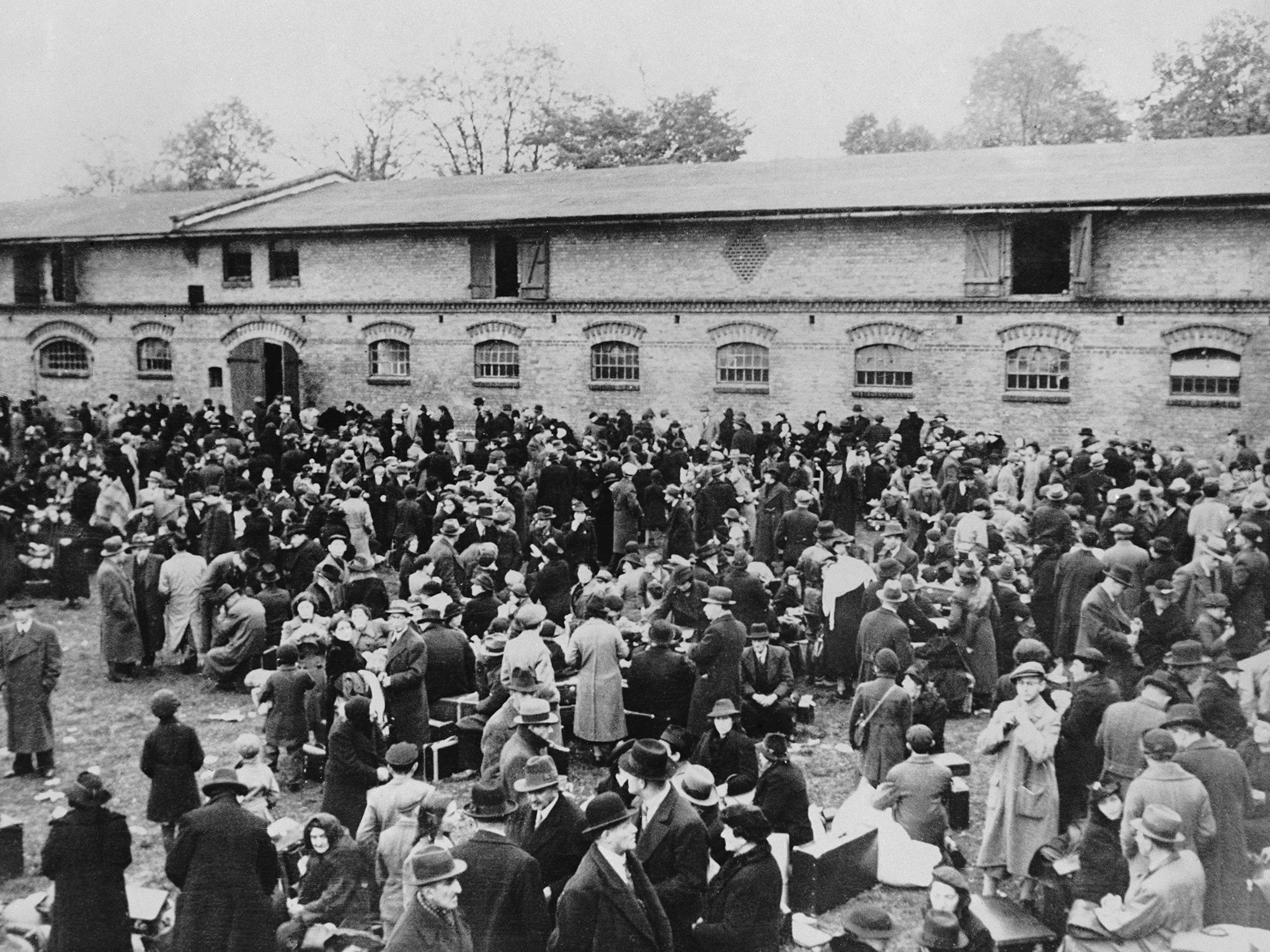What Americans thought about Jewish refugees on the eve of World War II
In July 1938 fewer than 5% of Americans surveyed believed the United States should raise its immigration quotas

The results of the poll illustrated below by the useful Twitter account @HistOpinion were published in the pages of Fortune magazine in July 1938. Fewer than 5 percent of Americans surveyed at the time believed that the United States should raise its immigration quotas or encourage political refugees fleeing fascist states in Europe — the vast majority of whom were Jewish — to voyage across the Atlantic. Two-thirds of the respondents agreed with the proposition that "we should try to keep them out."
To be sure, the United States was emerging from the Great Depression, hardly a climate in which ordinary folks would welcome immigrants and economic competition. The events of Kristallnacht — a wave of anti-Jewish pogroms in areas controlled by the Nazis — had yet to take place. And the poll's use of the term "political refugees" could have conjured in the minds of the American public images of communists, anarchists and other perceived ideological threats.
But look at the next chart, also tweeted by @HistOpinion. Two-thirds of Americans polled in January 1939 — well after the events of Kristallnacht — said they would not take in 10,000 German Jewish refugee children.
As WorldViews detailed earlier this year, most Western countries regarded the plight of Jewish refugees with skepticism or unveiled bigotry (and sympathy followed only wider knowledge of the monstrous slaughters of the Holocaust):
No matter the alarming rhetoric of [Adolf] Hitler's fascist state — and the growing acts of violence against Jews and others — popular sentiment in Western Europe and the United States was largely indifferent to the plight of German Jews.
"Of all the groups in the 20th century," write the authors of the 1999 book, "Refugees in the Age of Genocide," "refugees from Nazism are now widely and popularly perceived as 'genuine', but at the time German, Austrian and Czechoslovakian Jews were treated with ambivalence and outright hostility as well as sympathy."

It's worth remembering this mood when thinking about the current moment, in which the United States is once more in the throes of a debate over letting in refugees. Ever since Friday's terror attacks in Paris, the Republicans, led by their presidential candidates, have sounded the alarmover the threat of jihadist infiltration from Syria — even though it nowappears that every single identified assailant in the Paris siege was a European national.

The Republicans have signaled their intent to stop Syrian refugee arrivals, or at least accept only non-Muslim Syrians.
GOP presidential candidate Chris Christie of New Jersey was one of the many governors who on Monday said they would oppose settling Syrian refugees in their states; Christie insisted that he would not permit even "3-year-old orphans" entry.
Today's 3-year-old Syrian orphan, it seems, is 1939's German Jewish child.
Of course, there are huge historical and contextual differences between then and now. But, as Post columnist Dana Milbank notes, it's hard to ignore the echoes of the past when faced with the "xenophobic bidding war" of the present:
"This growing cry to turn away people fleeing for their lives brings to mind the SS St. Louis, the ship of Jewish refugees turned away from Florida in 1939," Milbank writes. "It’s perhaps the ugliest moment in a primary fight that has been sullied by bigotry from the start. It’s no exaggeration to call this un-American."
© Washington Post
Join our commenting forum
Join thought-provoking conversations, follow other Independent readers and see their replies
Comments
Bookmark popover
Removed from bookmarks